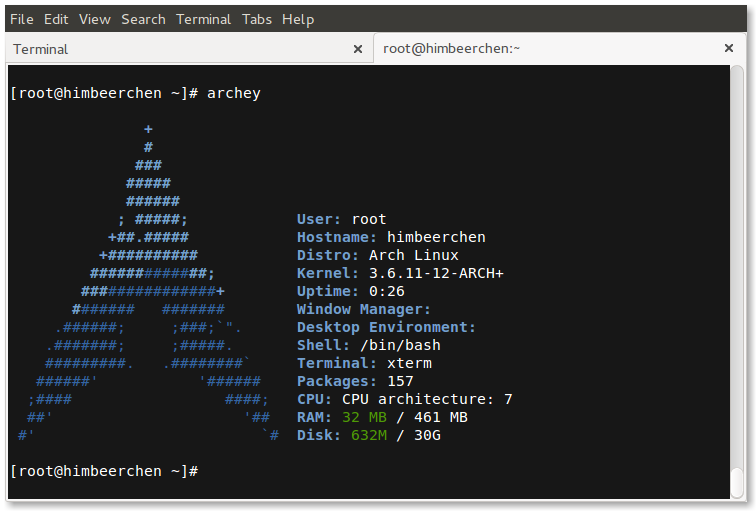
- #Install arch linux on usb persistent install
- #Install arch linux on usb persistent driver
- #Install arch linux on usb persistent download
- #Install arch linux on usb persistent free
Note that the data partition may need to be the first partition on the device, as Windows assumes that there can only be one partition on a removable device, and will happily automount an EFI system partition otherwise.
#Install arch linux on usb persistent install
If you have chosen to install Arch onto a USB mass storage device and want to be able to continue to use it as a cross-platform removable drive, this can be accomplished by creating a partition housing an appropriate file system (most likely NTFS or exFAT).

This is necessary to allow booting on multiple systems each requiring different modules in early userspace. Before creating the initial RAM disk, in /etc/nf move the block and keyboard hooks before the autodetect hook.
#Install arch linux on usb persistent download
#Install arch linux on usb persistent free
A modest set of packages will fit, leaving a little free space for storage. If you want to avoid building/keeping duplicate (large) images, you can _additionally_ remove 'fallback' from the PRESETS array in the preset files in /etc/mkinitcpio.d/ and delete the existing fallback images in /boot.Note: At least 2 GiB of storage space is recommended. Make sure you run mkinitcpio -P after that. USB) installation one should avoid using the autodetect hook at all, so you should remove it from the HOOKS array in /etc/nf. "autodetect" is not used for the fallback image so it works.
#Install arch linux on usb persistent driver
Mkinitcpio (the initramfs "builder") has a hook called "autodetect" which eliminate driver modules that are pulled by other hook (in this case the "block" hook) that it consider unnecessary when it builds the image. So if they are needed for the root device, they must be included in the initramfs image. Since they are built separately as a module (files), they are not in the kernel image (vmlinuz) that is loaded by grub. Those are kernel modules that comes with the kernel packages (e.g. You may also try appending rootdelay= to the linux line in the grub menu entry (press 'e' after you highlighted the entry) with a value higher than 10, which is the default timeout of the polling. For that do NOT omit the udev hook from the initramfs. It almost always requires poll_device() in the mkinitcpio init to be performed. Probing USB drives might take quite a bit longer than probing SATA drives. There should be a (sub)entry for that on the grub menu.ģ.

To confirm you can boot with the fallback initramfs. The could be due to the fact that when the initramfs images are generated, the installation is not yet on the USB drive, or the drive is plugged into a different machine (that has a different type of USB host controller). Some of the driver required to mount the root device (in this case most likely ehci-pci/xhci-pci and uas/usb-storage) is missing in the initramfs. To confirm this is negative, check the UUID in error against the one from blkid (in this case f5ec0cbd-25f5-4034-9cde-379cc4ee0493).Ģ. The error you see has nothing to do with fstab or swap.


 0 kommentar(er)
0 kommentar(er)
